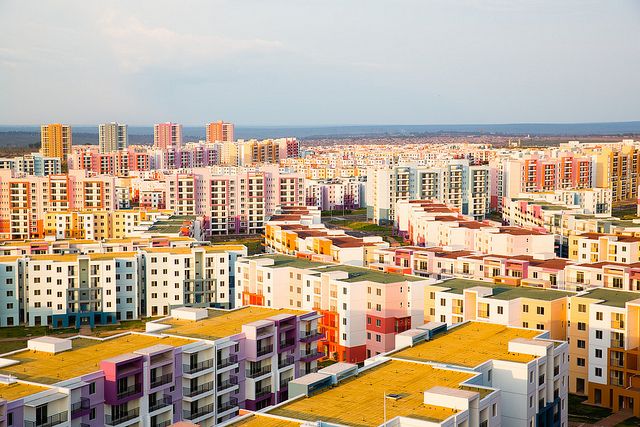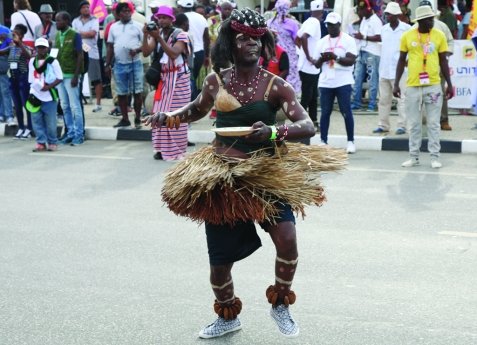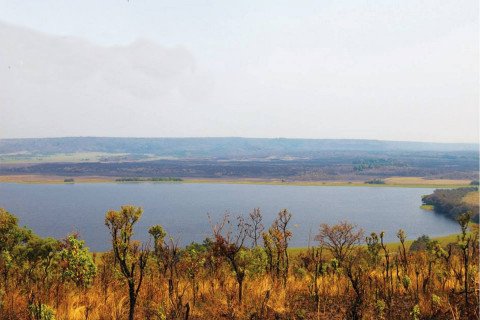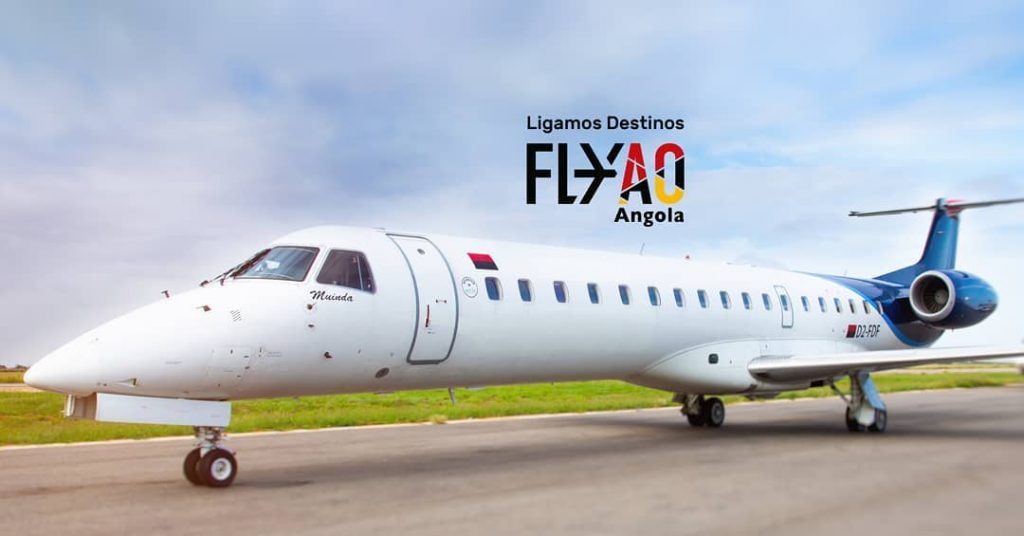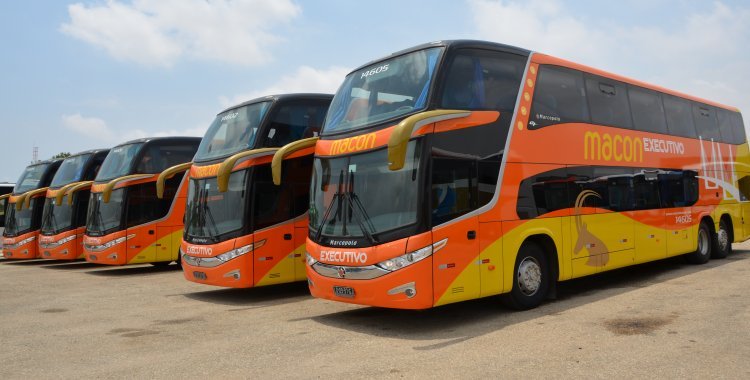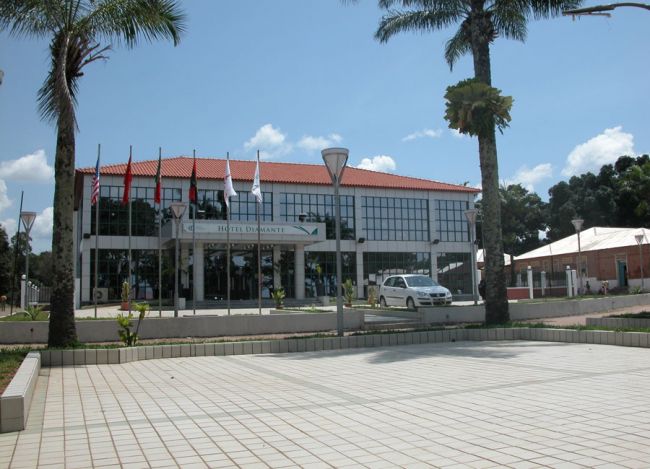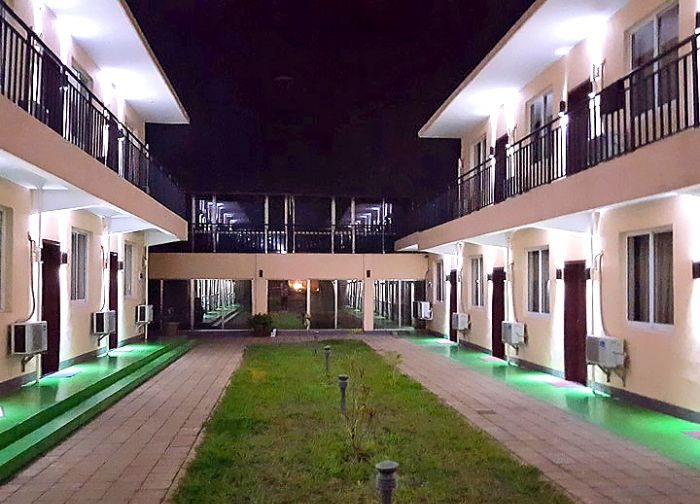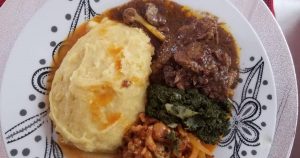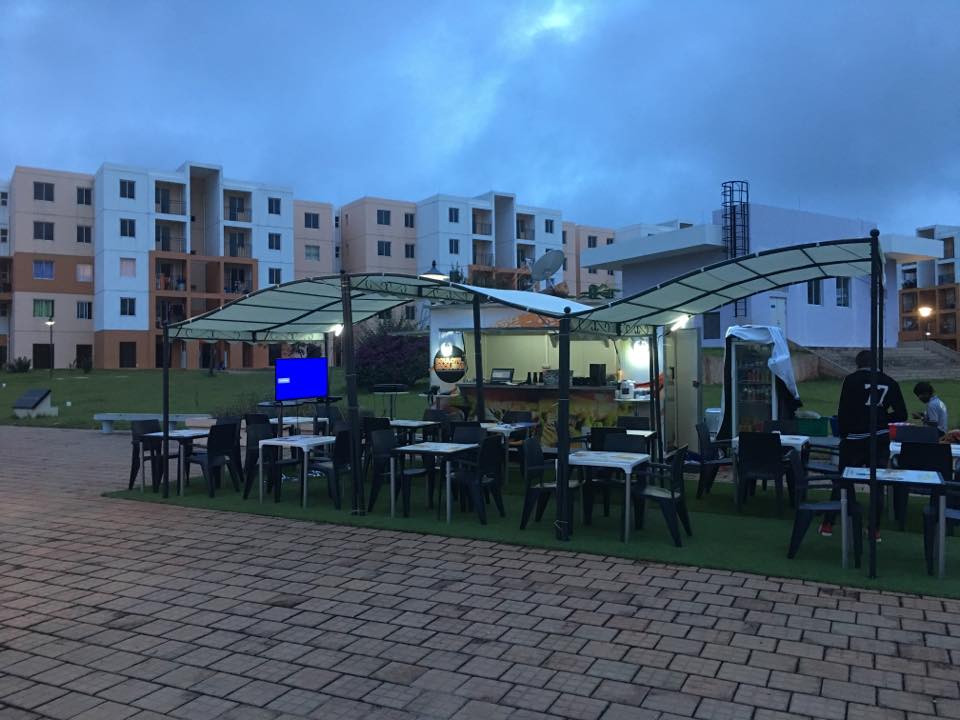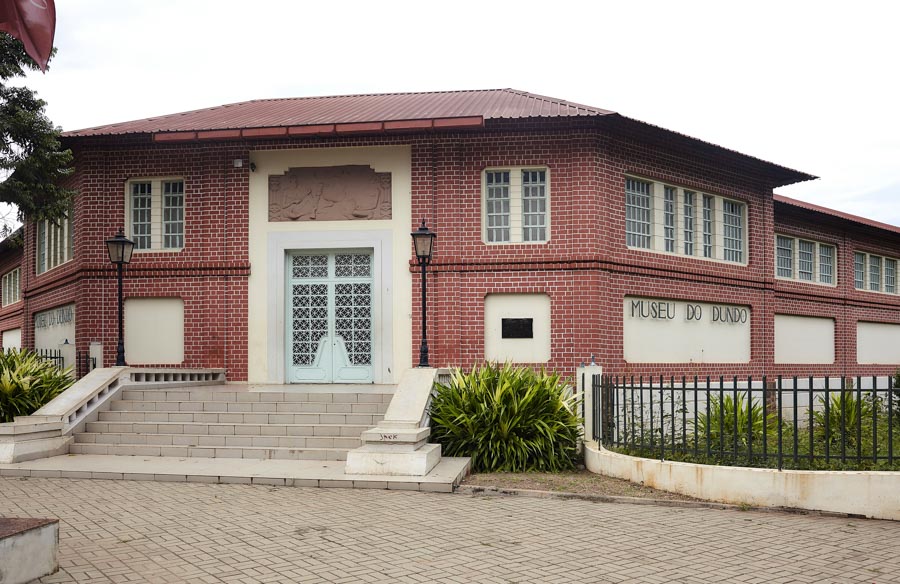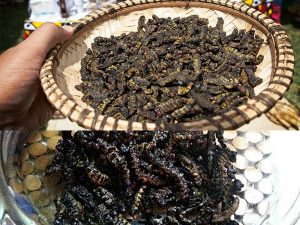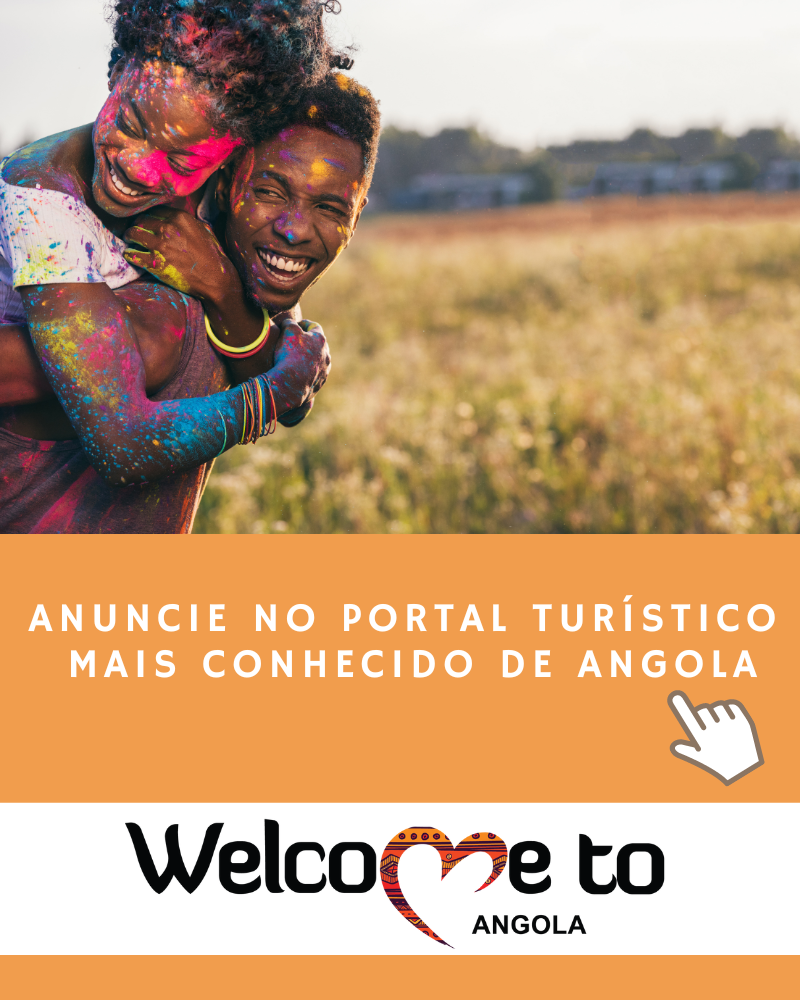- Dundo Centrality
History
Lunda Norte province is one of the 18 provinces of Angola, located in the northeast of the country. The capital is the city of Dundo-Chitato, in the municipality of Chitato.
The Lundas region was part of the Lunda Kingdom, a confederation of unified states in 1590. The main component of the confederation was the Lunda-Chócue Kingdom, based in Luena.
On July 4, 1978, the former Lunda Province was divided into Lunda Norte and South Lunda, by decree-law no. 84/78. The capital was provisionally established in Lucapa, while a new capital was to be built in the Mulepi region, a plan that was later abandoned. In 1997, the de facto capital of the province became Dundo, which had a better administrative structure than the city of Lucapa.
Geographical and demographic data
The province of Lunda Norte is located in the extreme northeast of Angola with a territorial extension of 102,783 Km². It borders land and river to the north and east with the Democratic Republic of Congo and, to the west, borders the provinces of Malange and Lunda Sul.
Its capital is the city of Dundo, replacing Lucapa.
It consists of 10 municipalities: Cambulo, Capenda-Camulemba, Caungula, Chitato, Cuango, Cuilo, Dundo, Lubalo, Lucapa, Xá-Muteba.
Climate
The province of Lunda-Norte offers a characteristic climate, tropical humid and/or warm, sub-equatorial of the Sudanese type. The average annual temperature is between 10º - 25ºc and the annual temperature range is less than 5ºC.
The absolute maximum temperatures are registered in the months of September and October with 38ºC and the absolute minimums in June and July with 11ºC.
The average annual air temperature is 24º C, with a pronounced relative humidity and heavy rainfall, sometimes torrential.
Population
The majority ethnic group in this province is the Tchokwe, followed by the Lunda, Camatapa, Cacongo, Luba, among others.
The most widely spoken national language in Lunda Norte is Tchokwe.
Lunda-Norte Province, like other regions of the country, is an ethno-cultural massif par excellence. It is inhabited by more than a dozen ethnic groups and subgroups, among which we have: The Tchokwe, Lundas, Bangala, Xinje, Luba, Bena –May, Kakete, Kafia, Matapha, Kakongo or Bandiga, Holo, Khari, Suku, Khoge, Phaka and Songo.
With the exception of the Lunda and Luba who are of the patrilineal lineage, the rest respect the matrilineal lineage and all belong to the large group of peoples from the south of the Sahara desert called Bantu, by linguistic affinities.
rituals
Rituals of passage, circumcision, marriage, aminist beliefs, proverbs, dances, and tales characterize the intangible heritage of these peoples, while pottery, sculpture, and basketry constitute a true instrumental art.
- chianda traditional dance
traditional local authority
In villages, one of the important elements in the symbolization and designation of traditional authority and, consequently, in the exercise of power, are the palatial houses. It is in these houses that the positive values of material and spiritual culture are transmitted; there are political, economic, legal and socio-cultural hearings that the traditional chief grants to his fellow men and subjects.
Nature
The green frame of the forests and the great equatorial forest is more expressive along the arms of the great rivers. The soil, undone by the volume of rain falls or the unwelcoming savannah, except in a few modest patches, is covered with undergrowth.
- Carambo Lagoon
Lunda Norte is, in short, a region of savannah sparsely wooded. However, the region has some forest resources located mainly in the municipalities of Cambulo and Capenda-Camulemba.
How to get
By air, the airports of Lucapa and Dundo receive small and large planes. To get to the province it is necessary to purchase a ticket in the province of Luanda at the company's domestic airport TAAG or Fly Angola.
- Fly Angola
By road, the Province is connected by land to the country's capital (Luanda), at an estimated distance of 1,500 km, always passing through the provinces of Malange and North Kwanza. If you are in Luanda, you can purchase a ticket at one of the travel agencies of the Macon and continue the journey towards Lunda Norte.
- Macon, Angola transport company.
Where to stay
To host the Welcome To Angola website, we suggest the following reference hotel units in the province of Lunda Norte:
- Hotel Diamante Dundo
- Kakanda Resort
Typical dishes & restaurant
The mainstay of food in the province of Lunda Norte is the sniffs, which can be accompanied with vegetables, beans, game meat, fresh meat, dried meat, dried fish, fresh fish, catato and other accompaniments.
- Funge with duck giblet
When it comes to tasting the local cuisine in the city, you can start at the restaurants installed in the hotel units, or if you want to leave your comfort zone, you can visit the following restaurants; snack corner located in the centrality of Dundo, Restaurant the Empire located in Lucapa and the Catinho da Meury located in Chitato, Dundo.
- Esquina do Snack Restaurant
What to do
To better explore the province of Lunda Norte, our portal has chosen some places as suggestions that cannot be missed, get to know them up close and know the history that each place entails.
- Visit Dundo Ethnographic Museum, one of the largest in Angola
- Catxipindji Lagoon
- Mussungue pool
- Hydroelectric power plant and the Luachimo dam
- Lake Nakarunda (with many legends told by the people of the region), in Lucapa
- North Lunda. DUNDO MUSEUM. PHOTO: CARLOS DE AGUIAR.
monuments
- Bala-Bala Archaeological Station
- Luaco Archaeological Station
- Candala Archaeological Station
- Government Palace, colonial architecture
- CTT buildings, colonial architecture
Transport
Most of the population within the city moves with moto-taxi (cupapata) services. The city of Dundo has urban public transport (mini buses) and personalized taxis are also available.
What to bring in the suitcase
- Winter clothes;
- Socks and scarf;
- moisturizing skin creams;
- lip moisturizers;
- Cash;
- Camera.
Tips for managing your expectations
- Institutions of traditional power are supported by religion.
- It is a city with no traffic (easy to use cars);
- The quality of services provided may not exceed expectations (Especially public services);
- It is possible to run into electrical power problems;
- In some municipalities there is no mobile network coverage;
- There are tourist places that, in order to have access, the local authorities (Soba) must first carry out spiritual rituals to ask their ancestors for authorization for a particular visit.
what to take home
- Handcrafted pieces.
- National foods, such as catato (edible larvae);
- A photograph in Angola's largest museum
- Catato (Edible laras)
With this tour guide you can enjoy a complete tour of the city of Dundo. Please let us know if this article was helpful to you in the comments below.
Enjoy it!

